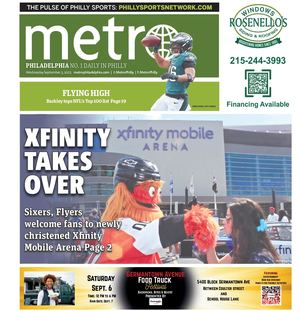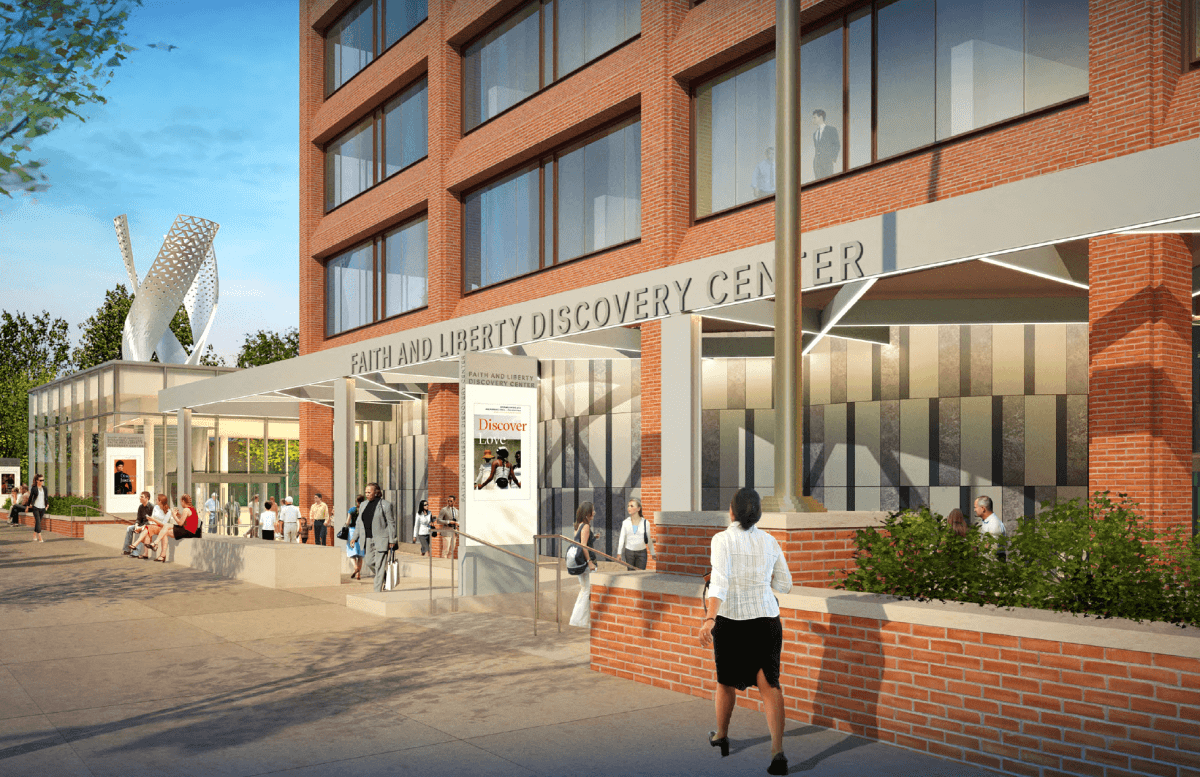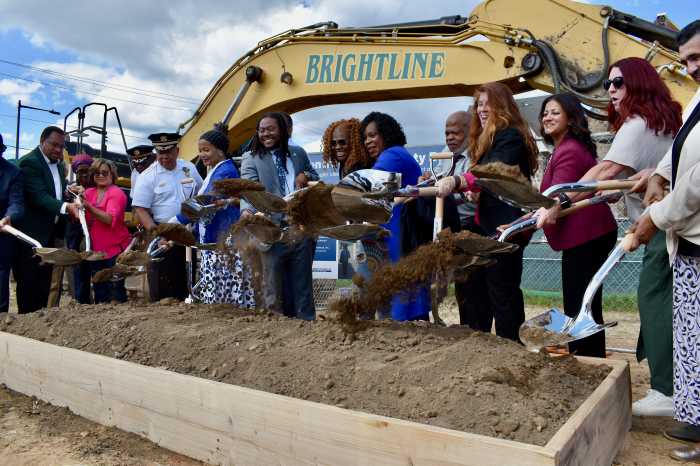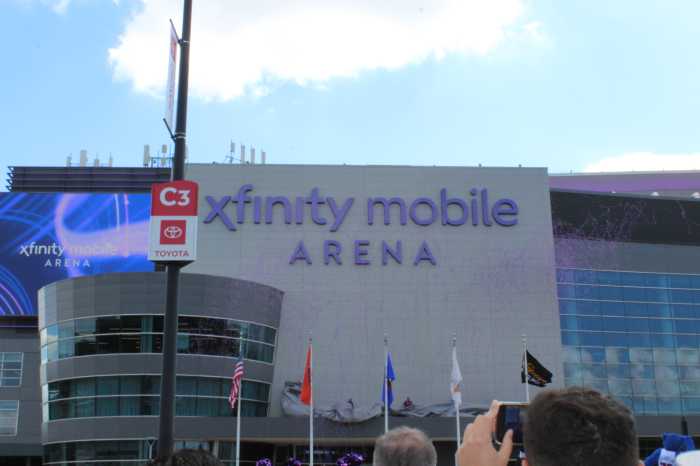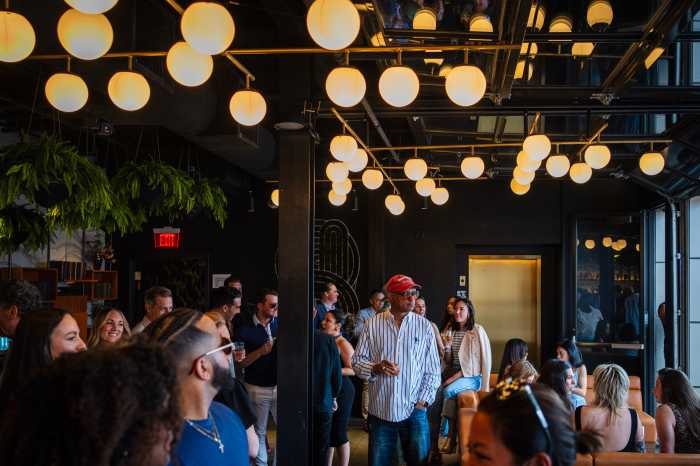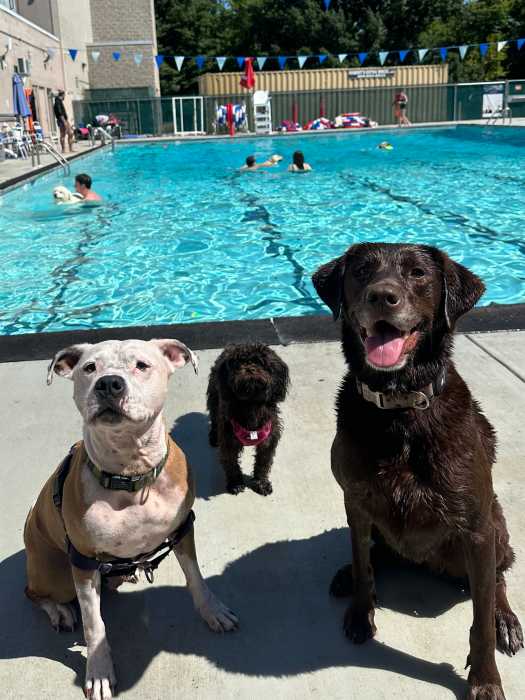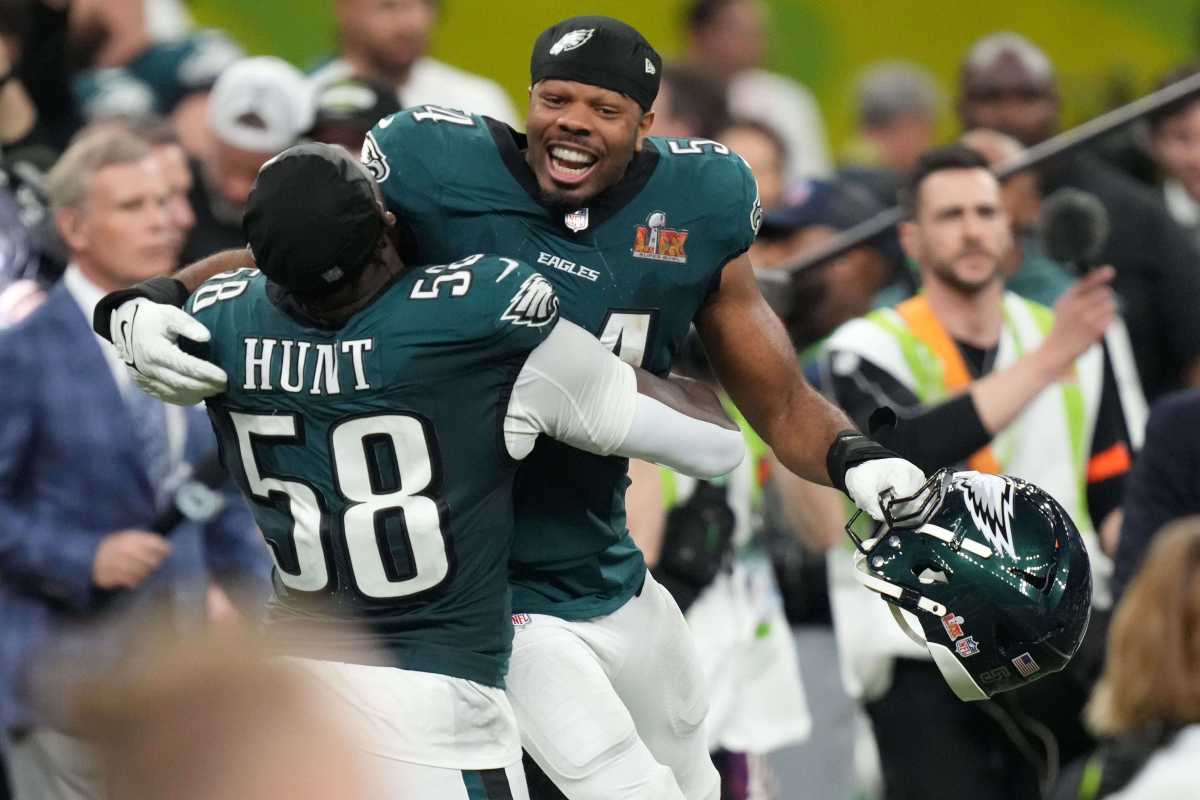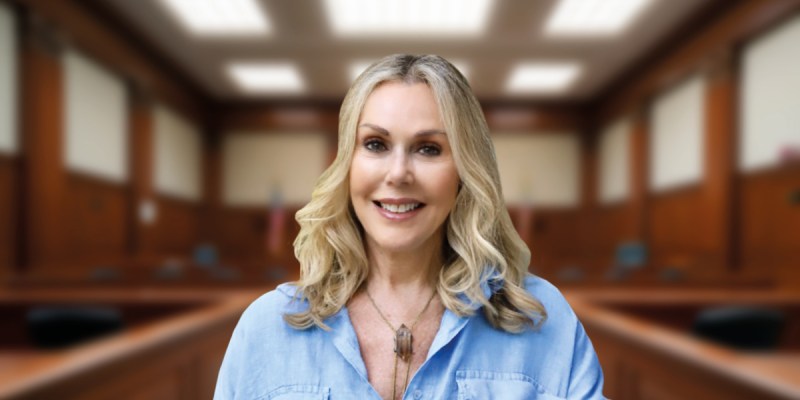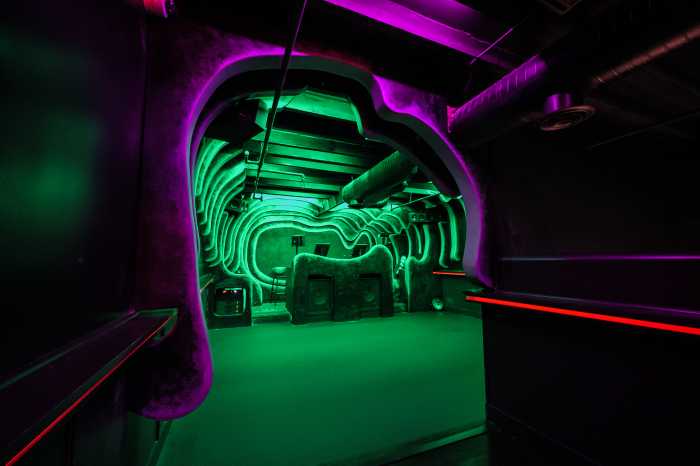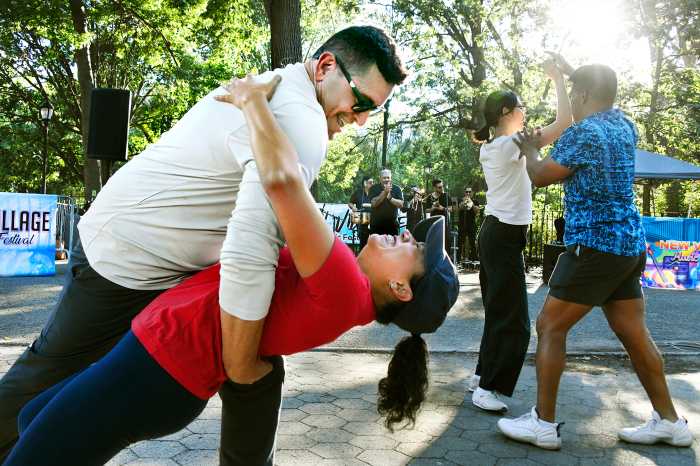At a time when cultural institutions are struggling to stay alive, a new museum in the heart of the city’s historic district is pushing ahead.
The American Bible Society’s $60 million Faith and Liberty Discovery Center was projected to open this year, but, due to coronavirus-related construction delays, its unveiling has been pushed back to next spring.
It will occupy the first two floors of a building at 5th and Market streets, where ABS relocated several years ago, and its mission is to draw connections between American history and the Old and New Testaments.
FLDC Executive Director Patrick Murdock told Metro there are no plans to downsize or significantly modify the project, even as the future of tourism post-COVID-19 remains murky.
Nearby museums, forced to close their doors in mid-March, have had to make cuts, and those in the industry are worried about drastic reductions in city funding.
Mayor Jim Kenney’s proposed budget calls for the elimination of the city’s Office of Arts, Culture and the Creative Economy and the Philadelphia Cultural Fund, which recently doled out $3 million in grants to about 350 organizations. Officials have said they hope philanthropy can fill in the gaps.
“We do have the benefit, unlike some of our colleagues at other museums that are now trying to survive and having to lay people off or furlough, we’re not open yet,” Murdock said. “So we can sort of navigate these waters a little more carefully.”
FLDC is confident it can hold a soft opening March 1, with a fuller kickoff planned for May 1. A crew of contractors resumed working on the site after Gov. Tom Wolf lifted restrictions on non-essential construction.
ABS estimates that the museum will draw 250,000 visitors a year, based on a survey it conducted. Murdock said they are now expecting 25 percent less visitors, at least in 2021, due to the pandemic.
“It could be less than that. It could be more than that,” he said. “If we come up with a vaccine and therapeutics, I think we’ll be on our way back to normal.”
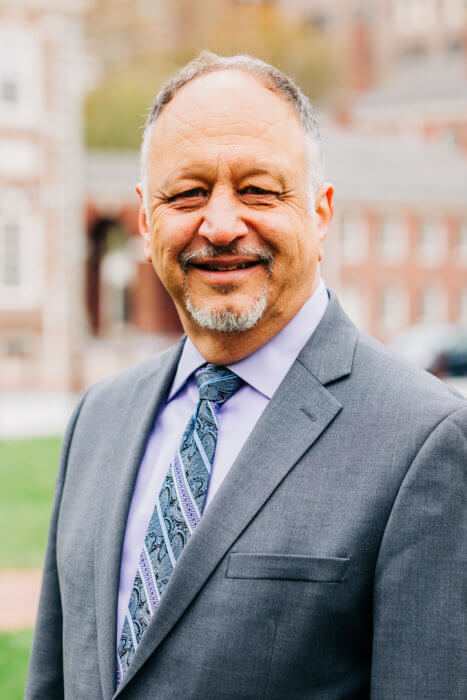
He said tourism research he has examined indicates people are going to hold off on travel plans for four-to-six months following the peak of the pandemic, which, barring a second wave, occurred in April.
Murdock said FLDC is also expecting those on the East Coast to forgo international and air travel for regional destinations like Philadelphia.
A quarter of the country’s population is within a five hour drive of the city, according to Visit Philadelphia, the region’s tourism bureau.
Last week, it released research showing 30 percent of people would feel comfortable traveling to Philadelphia over the next three months, and 31 percent are more optimistic about travel—both up compared to a similar survey conducted in April. The data was gleaned from respondents in the New York, Washington D.C. and Philadelphia areas.
FLDC hopes it will benefit from being the new kid on the block. Murdock described the center as a massive digital platform disguised as a museum and said it will make extensive use of technology.
“We’re not going to be like your old school museum which is very artifact-heavy,” he said. “We’re going to be turning the museum world on its head with technology.”
The 40,000-square-foot museum will feature a lobby with a 2-and-a-half story sculpture called “The Beacon,” six core galleries, a 3D theater, education center and gift shop. It will be geared toward providing an interactive and immersive experience, Murdock said.
Visitors will receive a baton, called a “lamp,” they can use to highlight exhibits that resonate with them as they make their way through the 75-to-90 minute tour. Each ticket has a code, and visitors can use it to access a site after their trip showing their favorite parts of the museum.
Murdock said the galleries will showcase historical figures, including William Penn, Martin Luther King Jr. and Dorothy Day, and events, such as 9/11, Hurricane Katrina and even the coronavirus outbreak.
“There’s all these different perspectives and dimensions that help explain the American story, and one of the perspectives that we think is missing is the story of how faith and scriptures have influenced America from its founding through today,” he said.
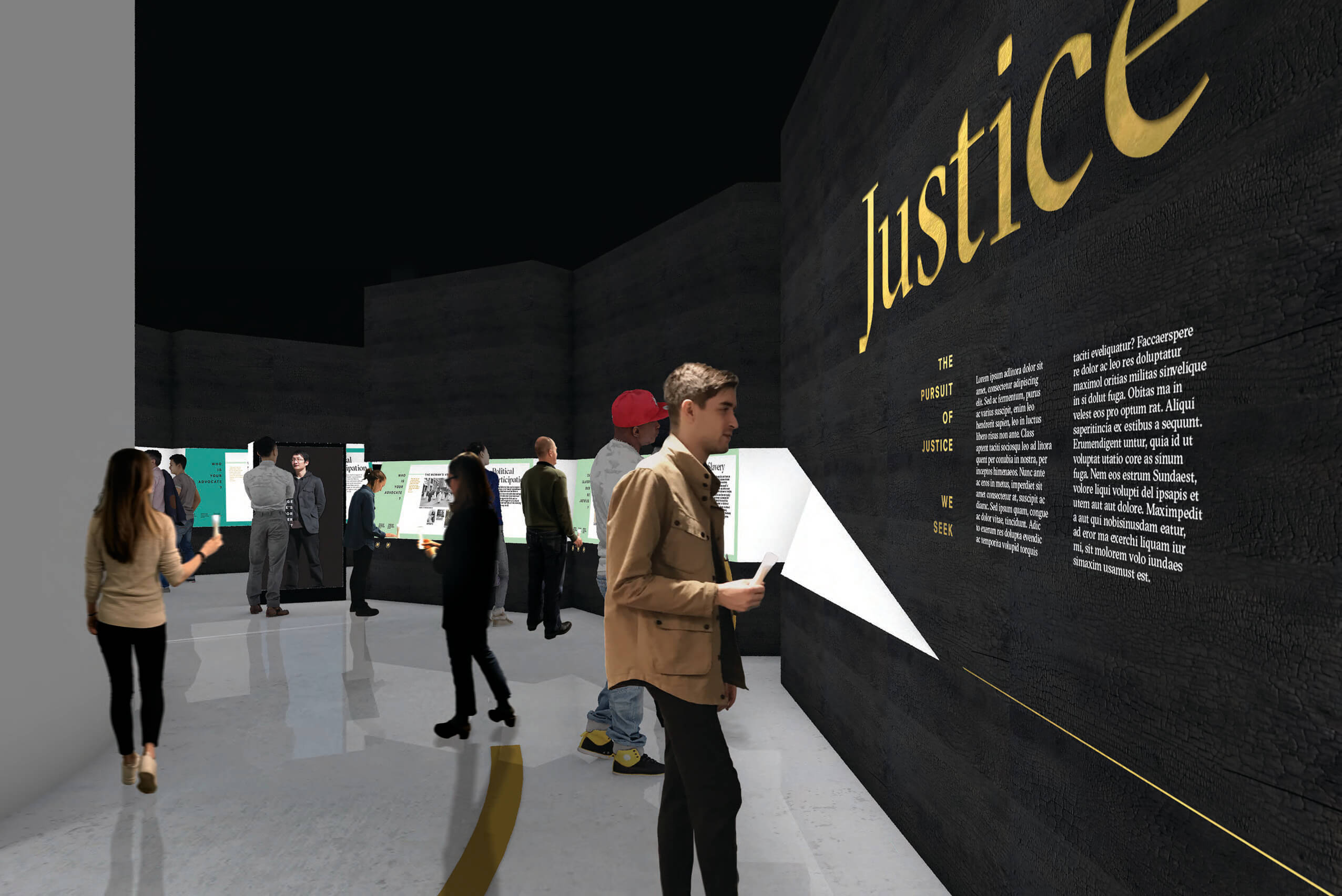
The museum’s mission has drawn detractors and skeptics, and historians have expressed reservations about linking the nation’s founding to the Bible.
Murdock said a team of 30 scholars is vetting content to make sure it’s accurate.
“We’re certainly not here to say that all the founders were Christian or anything like that because that wouldn’t be true,” he said.
FLDC is closely watching how other museums reopen when additional virus-related rules are lifted. Murdock said his team is considering how the lamps will be cleaned and the number of hand sanitizer stations.
The center is being funded primarily by donations and, so far, it has raised $53 million, he said.
The Faith and Liberty Trail, a companion project which will use online tools to shed light on nearby historic sites and churches, could be rolled out as early as January.
